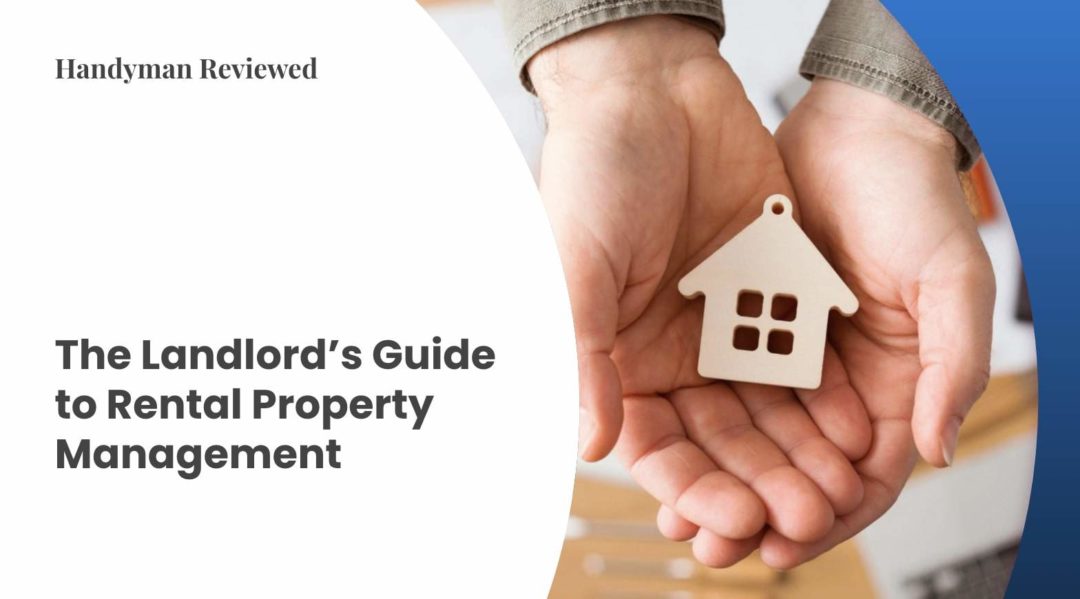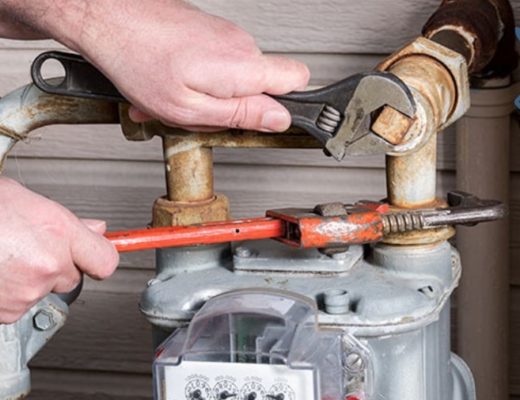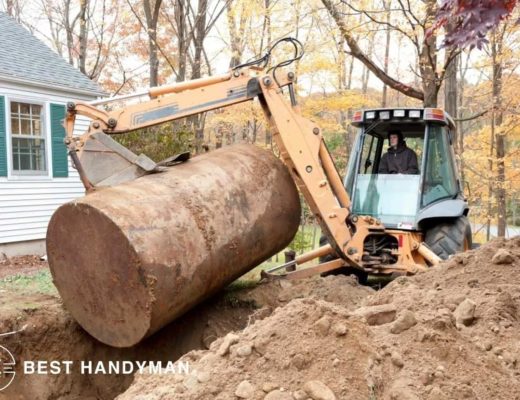Renting a property can be a great source of income if you know how to manage it. It earns you a monthly income just for giving clients a clean, modern, and convenient space to live in.
However, it can be challenging and stressful given the many factors you should handle. For example, you have to maintain the property regularly and keep your tenants happy all the time.
Now, if you want to be a property manager in the near future, no worries, as we will show you the ropes through our in-depth guide on rental property management.
With it, you’ll know the importance of proper property rental management, how to recruit suitable tenants, setting the right price, and more. And without any more delay, let’s start!
The Importance of Proper Property Management
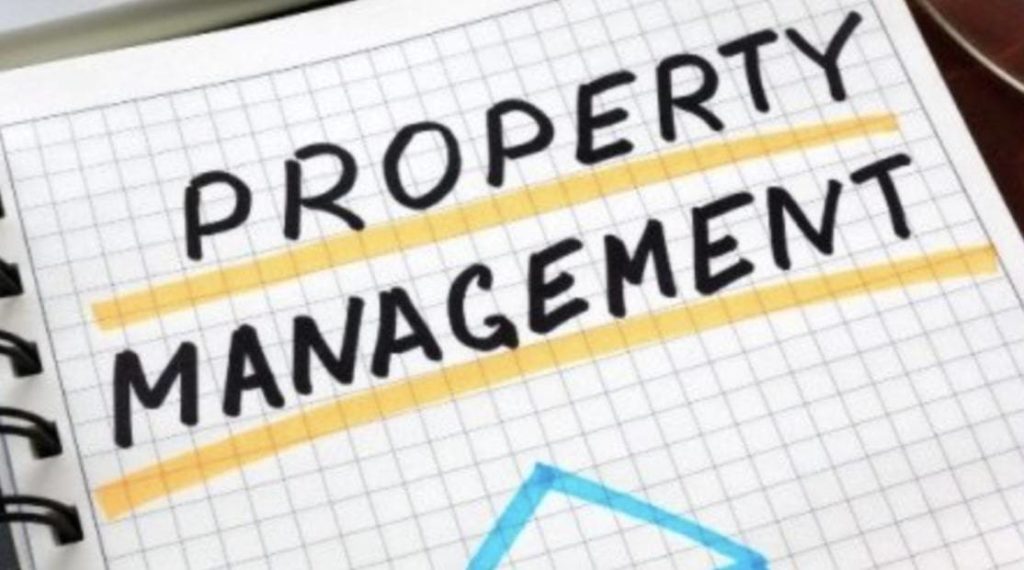
Regardless of the type of home you’re leasing—whether it be a landed property, apartment, or condo—proper property management is extremely vital.
It’s extremely vital since that will reflect onto the profits you will earn, your reputation as a property owner, and the relationships you will build with tenants.
Aside from that, as a landlord, you have a duty to maintain the home in a way so your tenants can feel safe and cozy living in your property on a short or long-term basis.
Anyway, let’s elaborate on all the factors involved including the ones we just mentioned. Scroll down to see them:
1. Maximize your profits
It’s a simple formula for every good business: good service leads to maximum profits.
Effective property management means responding quickly to tenant complaints, modernizing the facilities, informing tenants about received parcels, giving a helping hand with the groceries, and other tasks.
Although it may not immediately get you a bigger profit, it starts the process needed for that. Think word-of-mouth referrals and great social media reviews, both of which will draw more tenants your way.
The natural goal of every property manager is to earn more than what they invested in the property, or in a word, return of investment.
Also, tax benefits play a role in getting you an ROI by reducing your overall expenditures, as per the state rules and regulations.
2. Build healthy relationships with tenants

You can’t really succeed if you don’t value your tenants, let alone form a healthy relationship with them.
That’s why it’s essential to communicate with them to ensure they are satisfied or to check on them after a requested service has been done for them.
As a property owner, you have to remain open and vigilant to their needs, which they should reveal in the form of a suggestion or complaint. Also, in the most basic form, you have to give them their money’s worth.
This can be done by renovating a cramped swimming pool, re-painting chipped walls, performing pest control treatments, replacing flickering bulbs, and maintaining the house’s plumbing system, to give you some examples.
As a result, not only will the tenants be happy, but they will also be proud of the attractive home they’re living in, especially if their relatives and guests come by.
3. Improve people’s quality of life
People have different reasons for renting a home such as being independent, raising a family, and pursuing a career. And it goes without saying that these events are pretty demanding and stressful.
So, for you to be able to assist them, concerning property lease or maintenance, during their greatest time of need means a lot to them.
And isn’t it great to be doing a job you love and where you can improve other people’s quality of life?
4. Prevent property damage
Some property owners only maintain the rental home during emergencies to spend less. But this approach mostly fails since delayed maintenance of appliances or amenities invites damage and higher repair bills.
That will create a domino effect that affects the tenants, results in more complaints, and worse, people moving to a better rental property.
5. Increase the value of the rental property
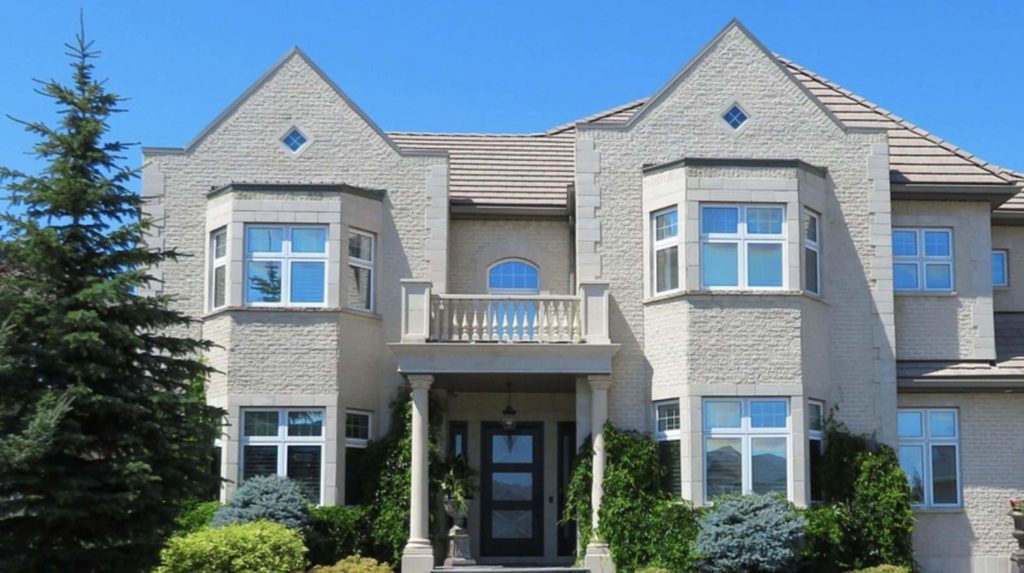
Last but not least, proper property management will surely increase the value of the rental property in terms of aesthetics and function.
Hence, everything will go smoothly for the tenant’s day, from cleaning wooden floors outside your unit to an inviting ambiance on the ground floor.
It’s also possible that with the property well taken care of, you may start calling it your ‘home sweet home.’ And there’s never a better feeling for a property investor than that.
As such, these highlight the importance of professional property management. As you can see, all of the factors we listed here are interconnected.
What to Expect When Maintaining a Rental Property
Just now, we have discussed the importance of keeping the home rental in good condition. This section will delve into what the owner can expect and do for it.
Inspection of the Tenant’s Unit

Many commercial homeowners don’t even inspect the tenant’s unit for damages, as long as they pay the rental amount due at the end of the month.
However, it’s wise to schedule a room walkthrough with the tenant ideally twice a year. It doesn’t have to be formal, though, a casual visit will do to detect big and small issues, which you need to act on or to know those he is liable to.
Repairing the problem before it even gets worse will help you curb repair costs—and more headaches along the way.
Additionally, in knowing that you conduct regular inspections, the tenant would be more careful in using the fixtures and furnishings at home and will be less likely to cause damages too.
Regular House Maintenance

As you may have experienced, no matter how well-built a home is, some problems can still pop up in the course of staying in it.
Regular repair or maintenance is needed for dirty AC filters, faulty water heaters, stained carpets, moldy curtains, upholstery with pet urine, just to name several.
Because it’s part of your package, you have to maintain them at a convenient time for the renter for the sake of their health and convenience.
By the way, you can expect to get a lot of calls from the tenant about fixing stuff. Also, here’s a checklist to help you deal with home maintenance efficiently and promptly:
- List down the maintenance jobs you can do yourself
- Have a list of trusted contractors
- Note the numbers of local landlords
- Set aside a budget for repairs and maintenance
- Schedule regular appliance checkups
Large Property Repairs
Without warning, big property damage can occur due to intense weather and client misbehavior. These include a leaking roof, structural damage, broken furniture, and so on.
The last thing that a landlord wants is paying expensive sums to repair them because these aren’t covered by their insurance policy.
So, depending on the cause, you would have to repair them using your resources, but you can charge the client more if he was responsible for the property damage.
However, if the damage is too great for the tenant to live in the unit and they have paid in advance, you must let him transfer to another room until the repair or renovation work has finished.
And if the whole property is damaged and isn’t habitable, you have to arrange for alternative accommodation for them. Otherwise, you can suggest where they can live temporarily or can negotiate to end the rental contract between you and them.
Rental Pricing
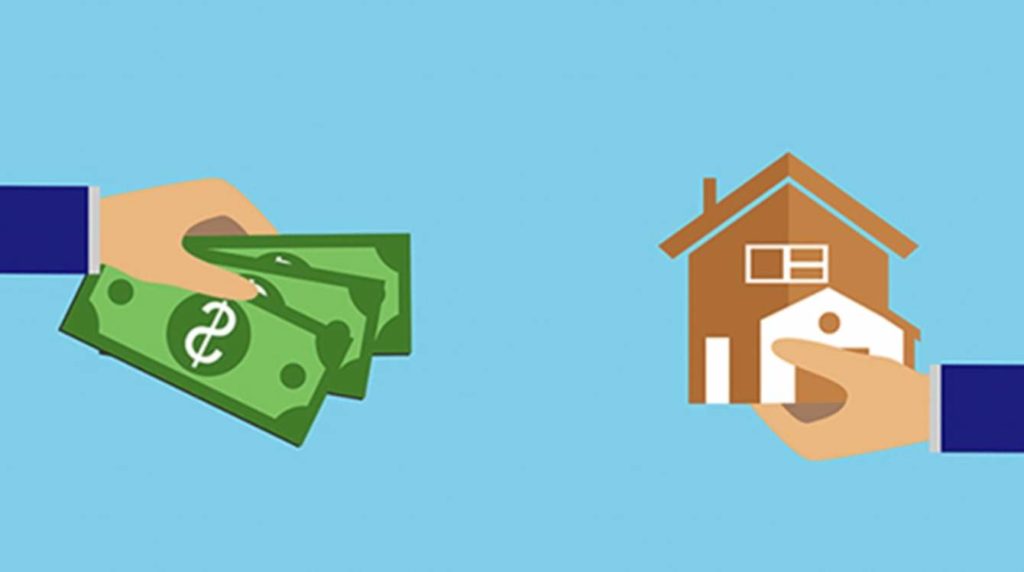
After you’ve bought a property to lease tenants and done all the house remodeling and interior design, it’s time to set the rental price.
But in order to be successful, you have to conduct market research first. This involves determining the average rental price and how many properties are around in your area.
Aside from this, you have to determine the average family size that can rent your unit. Also, if there are special features of your property that allow you to charge a higher rate—for instance, ease of commuting, a parking space, and a gym.
What’s more, you won’t lose anything by asking your fellow landlords and friends for advice. That will give you more insight into renting a property as your business.
Also, to encourage tenants to pay on time, you should charge them a late payment fee. This has to be stated in the rental agreement so that they are well aware of it from the beginning.
Moreover, you might need to raise the rental fees because of the competitive industry. Likewise, you have to let the tenants know about this before they rent space from you.
You will have to talk to them about this as some might not agree with the higher rate, and thus, will want to move to a new place.
Managing Your Rent Finances
One of the hardest tasks of managing a property is its accounting. You have to make a record of your spending and expenses, compute the tax, and balance everything out at the end of the year.
Your property manager can produce an accounting report for you, if you hire one. But, if they can’t, you would have to hire an accountant as well, bringing up your overall expenses.
Now, here’s what you can do to manage your rent finances. Simply follow the steps outlined below:
- Employ an accountant to do your rent finance record and tax calculations for you.
- Record all maintenance and renovation expenses clearly
- Open a bank account for your rental property business
- Allocate funds specifically for taxes and other fees
By following these steps, you should have a clean record and tax-deductible estimate. Landlords get this special privilege of paying less tax from property manager hiring, maintenance, and other costs.
Finding and Choosing Tenants
Although having many tenants seems good for business, you have to look at the bigger picture. That’s because some of them may violate the strict property rules that you set, smoke at the property, have loud pets, or worse, not pay the rent on time.
You can deduce from this that there are good tenants and bad tenants. If you want your business to thrive, getting good tenants should be your goal.
And, to get good tenants, you have to screen and interview them, just like when you applied for work. There’s nothing wrong with this, and there’s not any bias with this; this is a common rental business practice to keep your property and tenants safe and sound.
Besides that, it’s important not to judge the person based on race, religion, and disabilities. So, among the things you have to ask for or find out about the tenant are the following:
- Birth certificate
- Profession and income
- Credit score
- Police record
- Past rental history
- Smoker or non-smoker
- Personal references
However, even if you were careful with screening the individual, you might still have accepted a less-than-ideal tenant. So having the vetting skills and experience will definitely help you find a good tenant.
Dealing with Tenant Evictions
No matter how thoroughly you screened a tenant, they may turn out to be wicked in that they don’t follow the rules nor listen to your warnings.
In this event, you may think that the thing to do will be to evict them from your property. But this isn’t like the reality TV show Big Brother, where the housemates vote for someone to exit the property.
You will have to formally file it in court and know the local eviction rules. For example, if someone never pays their rent (ever), you cannot push him out of the company or change the locks, since it’s against the law.
And giving notice is important for the tenant to move out of the property. Anyway, you can simply follow these basic steps if you feel that evicting a tenant is the solution:
- Research the local laws and act according to them
- If you don’t understand them, enlist the help of a lawyer
- Give the tenant notice with clear details on what he has to do to remedy the situation
- If these aren’t followed, file an eviction in court
- Do not accept any payment from the tenant so that the eviction process will continue
- Be patient and wait for the court ruling
- Let the police or sheriff evict the tenant out of the property
Should You Hire A Property Manager?

Whether or not you decide to employ a property manager is entirely up to you. But, it’s common sense to self-manage a small property investment, but hire one for larger properties, if you can’t commit to your daily responsibilities and assist your renters round the clock.
If it’s your first time, we advise managing a property on your own for now. Because, this will build your communication skills and experience, as you take in and manage more tenants as time goes.
By doing that, you’ll have total control over the property, and know what’s going on all the time. Furthermore, you get to have a direct relationship with clients and can be responsible for your actions or mistakes.
As for hiring a property manager, you have a bit of worry about whether he is doing the job and treating the tenants right. Speaking of which, you may have to brief or train him too, which takes you more time and effort.
Having said that, the great thing about having a skilled property manager is their connections. They know many good contractors, that would otherwise be unknown to you, that can help you maintain your property at discounted rates.
Also, of course, you’ll need to pay the property manager for services rendered, which is about 8 to 12% of the monthly rent, as well as pay for his stay in the property, equivalent to up to one month’s rent. So, that will lessen the total profit you’ll earn from renting the house.
Conclusion
And with that, you now know the essentials of being a property manager. Whether you have some experience or are starting from scratch, you can succeed if you apply the things you learned here.
Start small, take it one step at a time every day, and keep learning, and you will surely become a great landlord! You can depend on your friends and families, as they can give you the support you need.
To be a great property manager, remember, all you have to do are the following: buy a rental property, set your price, screen the tenants, rent the house to them, schedule regular maintenance, and collect the rent and pay taxes.
And, if you have any questions or comments, feel free to send us a message and we’ll reply to you as soon as we can. We hope you enjoyed this article and we wish you all the best in your new venture.

